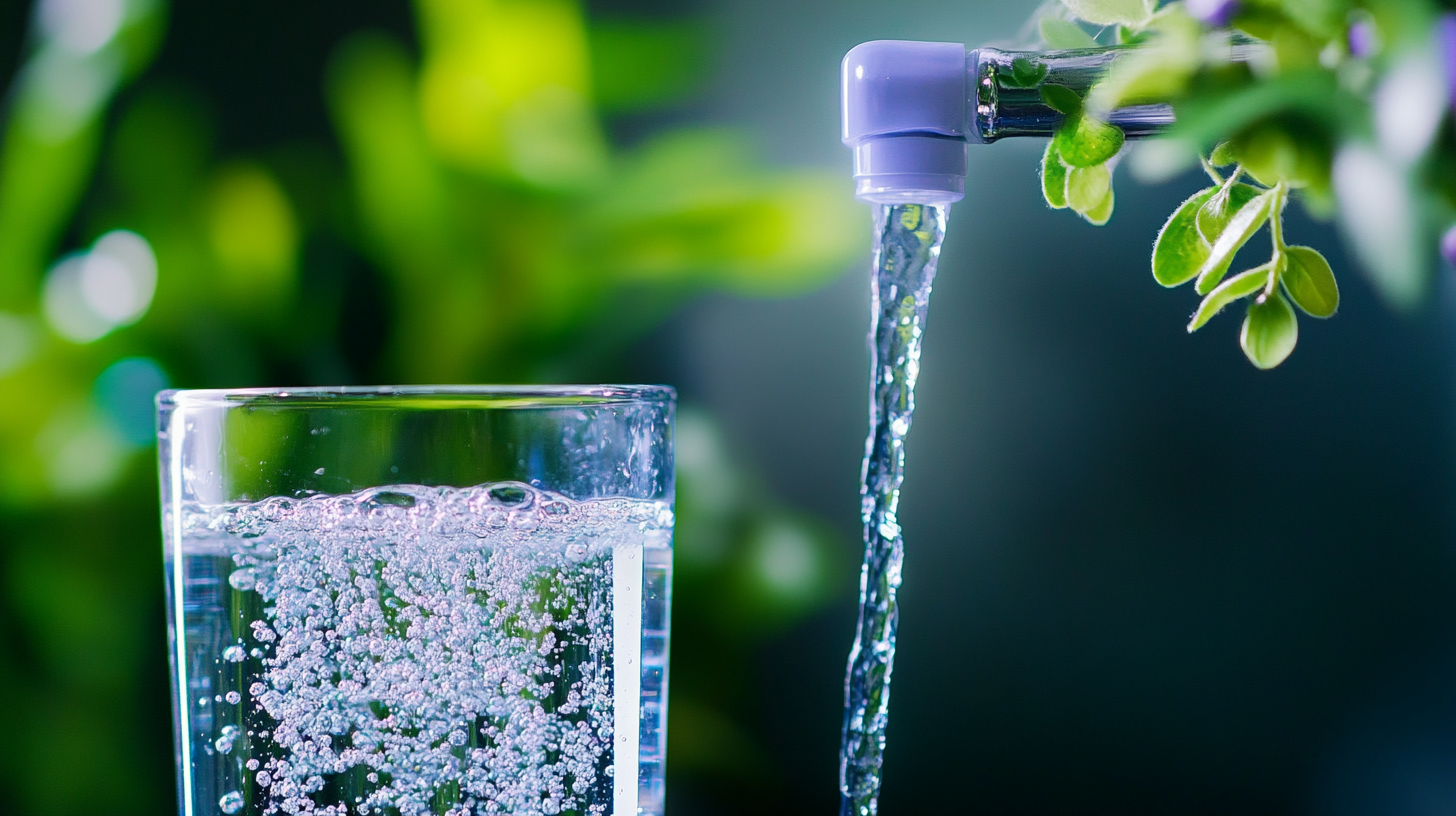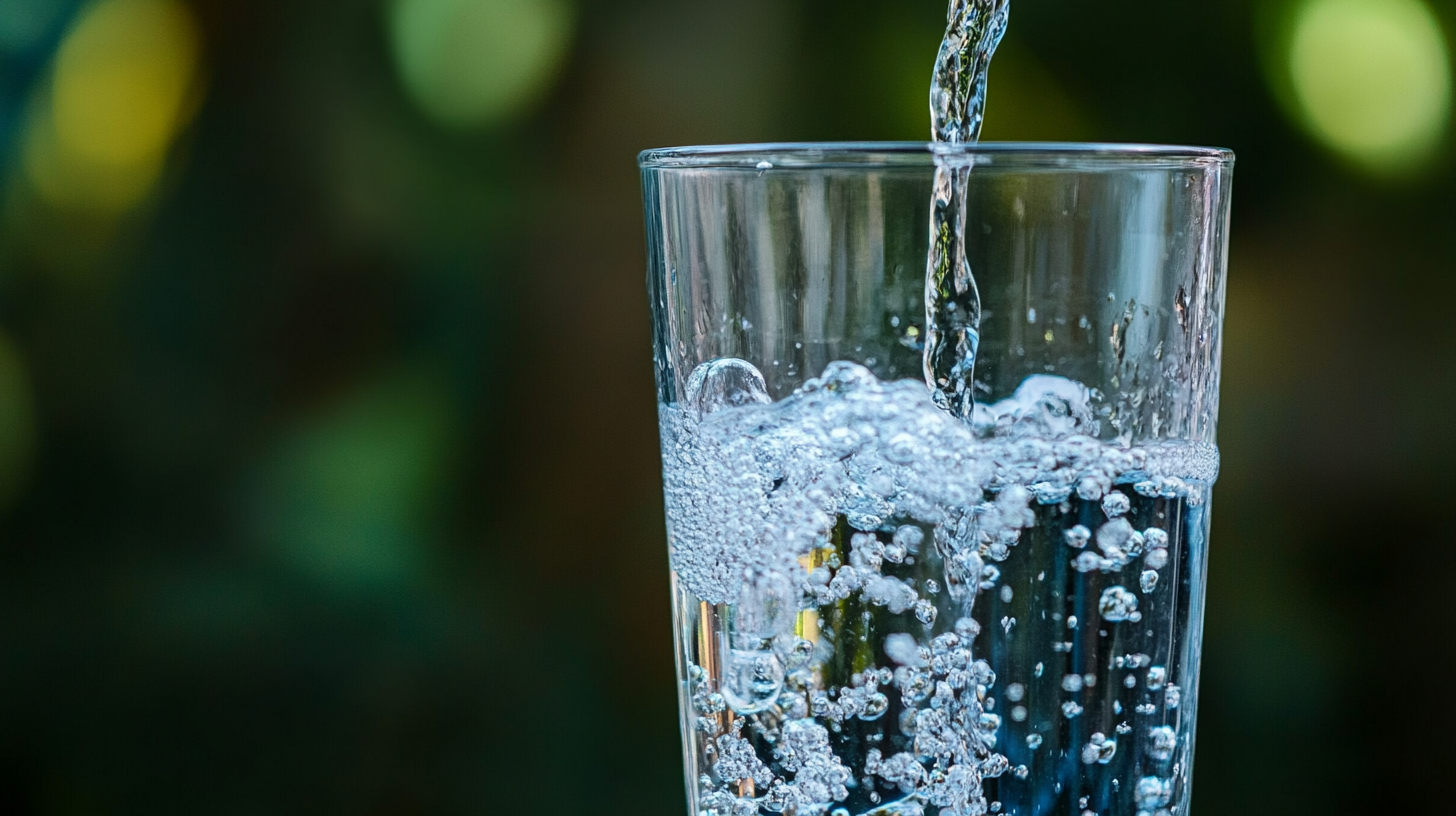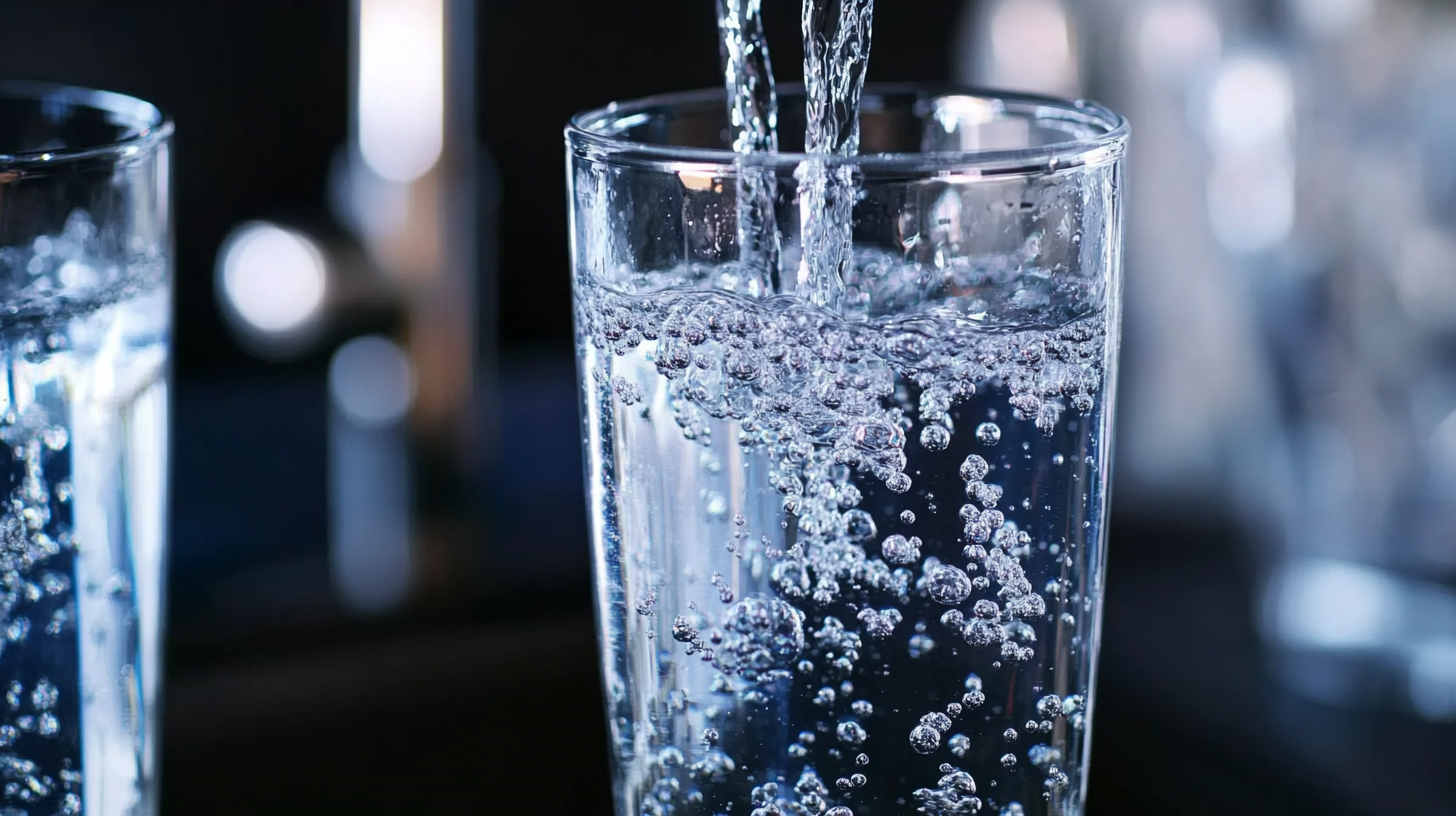
Ultimate Guide to Choosing the Best Water Purifier for Your Needs
In today's rapidly evolving world, the importance of clean and safe drinking water cannot be overstated. With pollutants and contaminants posing significant health risks, investing in a reliable water purifier has become a necessity for households around the globe. This ultimate guide aims to simplify the process of choosing the best water purifier for your specific needs, ensuring that you can enjoy pure water without compromising on quality. As we explore various types of water purifiers, features to consider, and brands worth trusting, one key theme will emerge: "Made in China, shared globally, and quality you can trust." By the end of this guide, you'll be equipped with the knowledge to make an informed decision, ensuring that you and your loved ones have access to safe drinking water every day.

Key Factors to Consider When Selecting a Water Purifier
When selecting the best water purifier for your needs, several key factors must be considered. First and foremost is the water quality in your area. Conducting a water quality test can help determine the specific contaminants present, allowing you to choose a purifier that targets those issues effectively. Various purifiers utilize different technologies such as activated carbon filtration, reverse osmosis, and UV purification, so understanding your water's needs is essential in making the right choice.
Another critical factor is the capacity of the water purifier. Depending on your household size and daily water consumption, you may require a model with a larger tank or a high filtration rate. It's also important to evaluate the maintenance requirements, including filter replacement frequency and ease of access. This consideration not only ensures the longevity of the purifier but also guarantees that you always have access to clean and safe drinking water. Lastly, keep an eye on certifications and reviews to ensure you're investing in a reliable and effective product.
Understanding Different Types of Water Purification Technologies
 When choosing a water purifier, understanding the various water purification technologies is crucial to find the right fit for your needs. Among the most prevalent methods are activated carbon, reverse osmosis, and UV purification. Activated carbon filtration excels at removing impurities such as chlorine, sediment, and volatile organic compounds, making it popular for its effectiveness and affordability. The global activated carbon market is projected to reach $10.04 billion by 2032, reflecting the growing demand for clean water solutions.
When choosing a water purifier, understanding the various water purification technologies is crucial to find the right fit for your needs. Among the most prevalent methods are activated carbon, reverse osmosis, and UV purification. Activated carbon filtration excels at removing impurities such as chlorine, sediment, and volatile organic compounds, making it popular for its effectiveness and affordability. The global activated carbon market is projected to reach $10.04 billion by 2032, reflecting the growing demand for clean water solutions.
Moreover, advancements in technology are ushering in innovative purification systems, particularly in addressing environmental challenges. Researchers in Korea have recently developed a high-efficiency water filtration device capable of removing 99.9% of microplastics in just ten seconds. As microplastics become a crucial environmental issue, the ability to quickly filter these particles along with other contaminants offers a promising solution for maintaining water quality. As you explore your options, consider the strengths of each technology to determine the best water purifier that aligns with your health and environmental priorities.
Assessing Your Water Source and Its Contaminants
When it comes to selecting the best water purifier, the first step is to assess your water source and the specific contaminants present. Different water sources, such as well water, municipal supplies, or surface water, can introduce a variety of pollutants, including bacteria, heavy metals, and chemicals. It’s essential to conduct a water quality test to identify these contaminants, as this information will guide your choice of purification system. For instance, if your water source is prone to high levels of chlorine or fluoride, a reverse osmosis system might be appropriate. Conversely, if you are mainly concerned about microbial contaminants, a UV water purifier could offer effective solutions.
Once you have a clear understanding of the contaminants, it’s important to consider how they might affect your health and the taste of your drinking water. Some purifiers, like activated carbon filters, excel at removing chlorine and improving taste, while others are more effective against heavy metals or viruses. Knowing the specific issues you face will help streamline your decision-making process and ensure that the water purifier you choose not only meets your personal health needs but also enhances your overall hydration experience.
Evaluating Cost, Maintenance, and Longevity of Purifiers
When selecting a water purifier, evaluating cost, maintenance, and longevity is essential in ensuring you make a sound investment. The initial purchase price can vary significantly depending on the type of purifier, such as reverse osmosis, carbon filters, or UV purifiers. It's crucial to consider not just the upfront cost but also the long-term expenses associated with filter replacements and energy consumption. Understanding the total cost of ownership will guide you to a more budget-friendly option.

Maintenance is another critical factor that homeowners often overlook. Different purifiers have varying maintenance requirements; some may need regular filter changes, while others may require less frequent upkeep. Be sure to look at user reviews and manufacturer guidelines to gauge the ease of maintenance, as a more complex system might lead to higher long-term costs and inconvenience.
Lastly, the lifespan of the purifier itself should also be considered. Invest in a high-quality unit that promises durability, as this will ultimately provide better value for your money over time.
Choosing the Right Size and Capacity for Your Household Needs
When selecting a water purifier, one of the most crucial factors to consider is the size and capacity that best aligns with your household's needs. A family of four, for instance, will require a different capacity than a single individual or a small couple. It's essential to evaluate your daily water consumption, including drinking, cooking, and other household uses, to determine the right fit. Most water purifiers come with specifications indicating their capacity for filtering water per day, so taking a close look at these details can help ensure you choose a model that won't fall short during peak usage times.
Additionally, the physical size of the purifier should match your kitchen space and layout. Countertop models may be ideal for smaller kitchens or apartments where space is limited, while larger families might benefit from under-sink or whole-house purifiers that provide more volume and convenience. Assess your available space and how the purifier will integrate into your daily routine. Remember, a well-chosen purifier not only improves your health by providing clean water but also fits seamlessly into your lifestyle and household.
Ultimate Guide to Choosing the Best Water Purifier for Your Needs
| Purifier Type | Capacity (Liters) | Best For | Filter Life (Months) | Price Range ($) |
|---|---|---|---|---|
| Reverse Osmosis | 75 | Large Families | 6-12 | 200-500 |
| UV Filter | 12 | Small Families | 12-24 | 100-300 |
| Activated Carbon | 10 | Individuals | 6-12 | 30-100 |
| Gravity Filter | 20 | Campers | 12-36 | 50-150 |
